By Madronna Holden
You don’t need a script to identify the hero in classic Western movies. He is the man on the white horse wearing a white hat. The villain, by contrast, is a shadowy character dressed in black–associated in every other way with darkness, as well.
Though in other cultures, black is the color of fertility–the soil, after all is dark—and the richest soil is the darkest. But banishing the dark has come to be a metaphor for the triumph of knowledge over ignorance—as well as goodness over– in certain societies and religions. In such worldviews, transformation of darkness into the “light” is the metaphor for righting one’s spirit.
It is not incidental that many such religions also value transcendence from earthly life and control through intellect or will– rather than mystery.
There are other destructive consequences of this view. In many cultures who believe in the triumph of light over dark, dark skin in humans is also the ground for racism. And those with the lightest skin are given the most social privilege.
But the actual triumph of light over dark would lead to the collapse of the physical universe. Physicists have discovered that “dark matter” makes up most of the matter in that universe, echoing the words of a native Plains Indian elder decades ago that it is empty space between things that allow humans to make their choices. It seems the universe may operate on the same principle, with dark matter being the birth home of the stars and planets.
The balance of light and dark, in my Parabola essay, “Light who Loves her Sister Darkness, not the overcoming of dark with light, is the way of the way of the natural world and its of seasons and days here on earth. Peasants who worked the soil understood this in the European Middle Ages, where folk religion held up the Black Madonna as an icon in art and worship.
But in industrial society, we are losing the balance of light and dark, in both perception and pragmatics. Since the invention of the light bulb, we have designed more and more effective lighting. In modern cities humans light up the skies for twenty-four hours, extending work days and not incidentally, announcing to the natural world as a whole that humans are present.
So what is wrong with that?
For one thing, there are substantial savings in energy costs in cutting back on over-lighting and misdirected lighting.
A number of municipalities have initiated “dark skies initiatives” which both save on energy and cut light pollution that obscures the stars and confuses migrating animals as well as playing havoc with human biorhythms. Such initiatives encourage the directing of light downward, onto the surfaces where it is needed, rather than up into the skies, where it scatters on dust participles to become light bubbles that obscure the night sky for hundreds of miles beyond major cities.
In New York City, for instance, a park was recently designed using lighting directed entirely downward where it would be of the most use to humans using that park at night. And from above, the night still looks like the night.
Some believe that night lighting is a matter of safety and the brighter the better. Perhaps this harkens back to the safety of the fire ring in ancient human camps. But though light has arguably deterred crime in certain urban areas, there is some debate over this issue. I spoke with a local policeman in Eugene, Oregon who believed the opposite: he observed that bright lighting may light the way for a potential thief, who may well be daunted by an area that is mysterious to him or her.
In any event, as a recent New York City park proves, there is another way to light things up.
But setting aside the issues of energy saving and safety for the moment, why should we try to protect the darkness? For one thing, it is a kindness to other species that use the light of the stars (or the starlight reflected on the ocean) to navigate by. Millions (yes, that’s right) of birds die each year in collisions with lighted buildings at night, misdirected by the light that historically guided their migrations.
The Natural Resources Defense Council did an experiment in which they left half their office building in New York City unlit—and found fifty per cent fewer birds were killed in collisions with that building as a result. A sad parallel tale is that of turtles who hatch on the sands of South Florida and migrate to the sea. They have only a short time to get their heading and find their way into the water before they are caught by predators. Their life and death flight was cued by starlight on the ocean. But today they head in the opposite direction– straightaway for city lighting which obscures the more subtle starlight on the water.
It is a kindness to ourselves as well if we more often allow the natural cycles of light and dark to guide our body rhythms. Researchers intrigued by the fact that breast cancer rates were higher among those who worked night shifts put cancer cells in a petri dish and found that those exposed to artificial light grew faster than those exposed to the regular day/night cycles.
Without darkness, our bodies cannot produce and replenish key hormones that keep up healthy.
The words of astrophysicist Neil deGrasse Tyson give us something to ponder: “When you look at the night sky, you realize how small we are within the cosmos. It’s kind of a resetting of your ego. To deny yourself of that state of mind, either willingly or unwittingly, is to not live to the full extent of what it is to be human.”
When our lights blot out the stars, we lose perspective on our place in the cosmos. We easily become egocentric as well as anthropocentric when we dwell only in the bubbles of light we have created, rather than in the nature’s vast universe of proportion and mystery.
——————
I highly recommend the award-winning documentary, The City Dark, which makes many of the concrete points above. For a wealth of information on health issues flowing from over-lighting, criteria for proper lighting and the energy savings that follow—as well as model “dark skies initiatives”–see the International Dark Sky Association website.
Filed under: environmental philosophy, Environmental psychology | Tagged: light versus darkness |




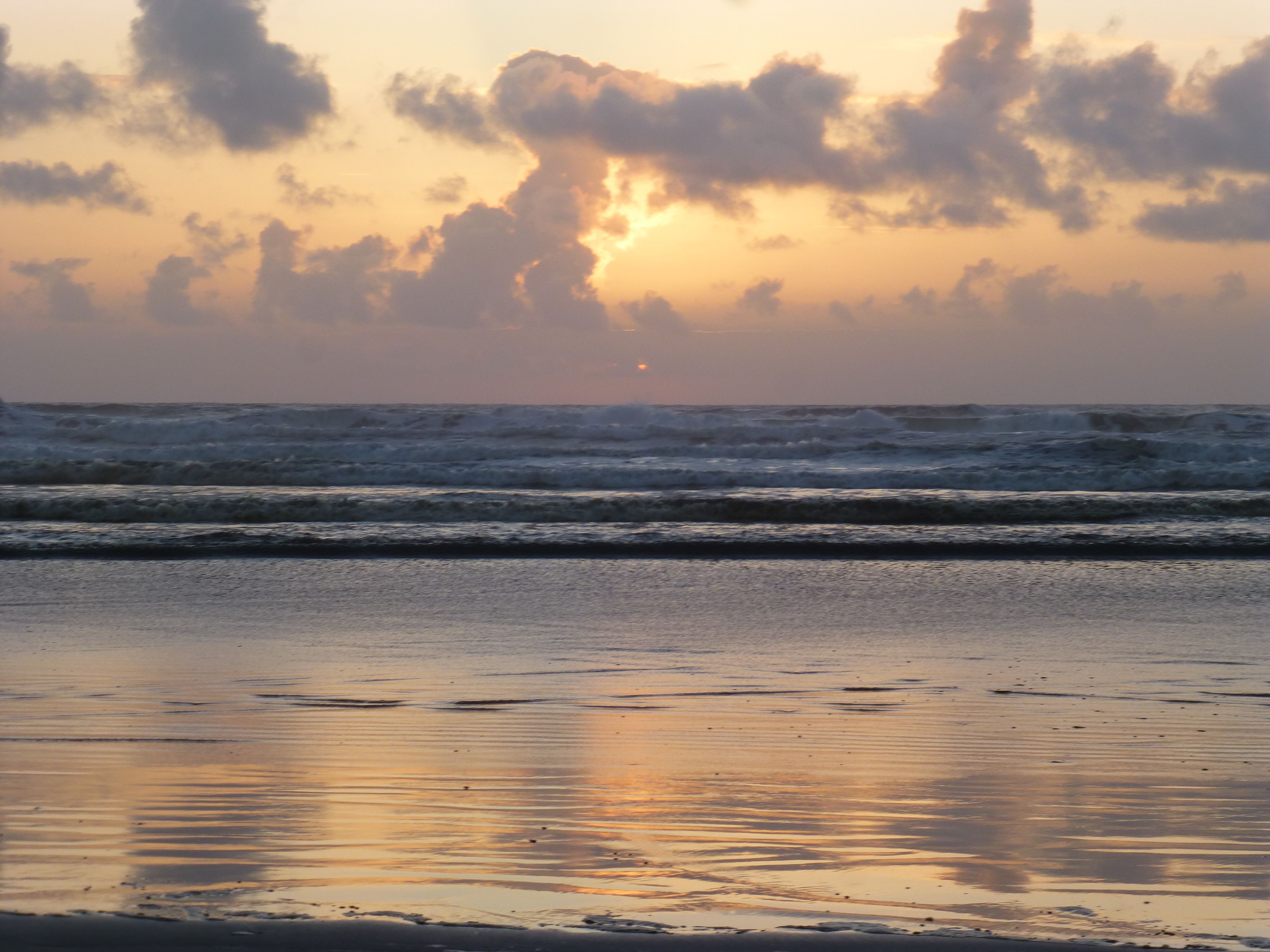






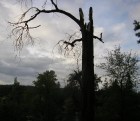
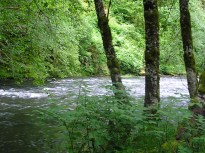



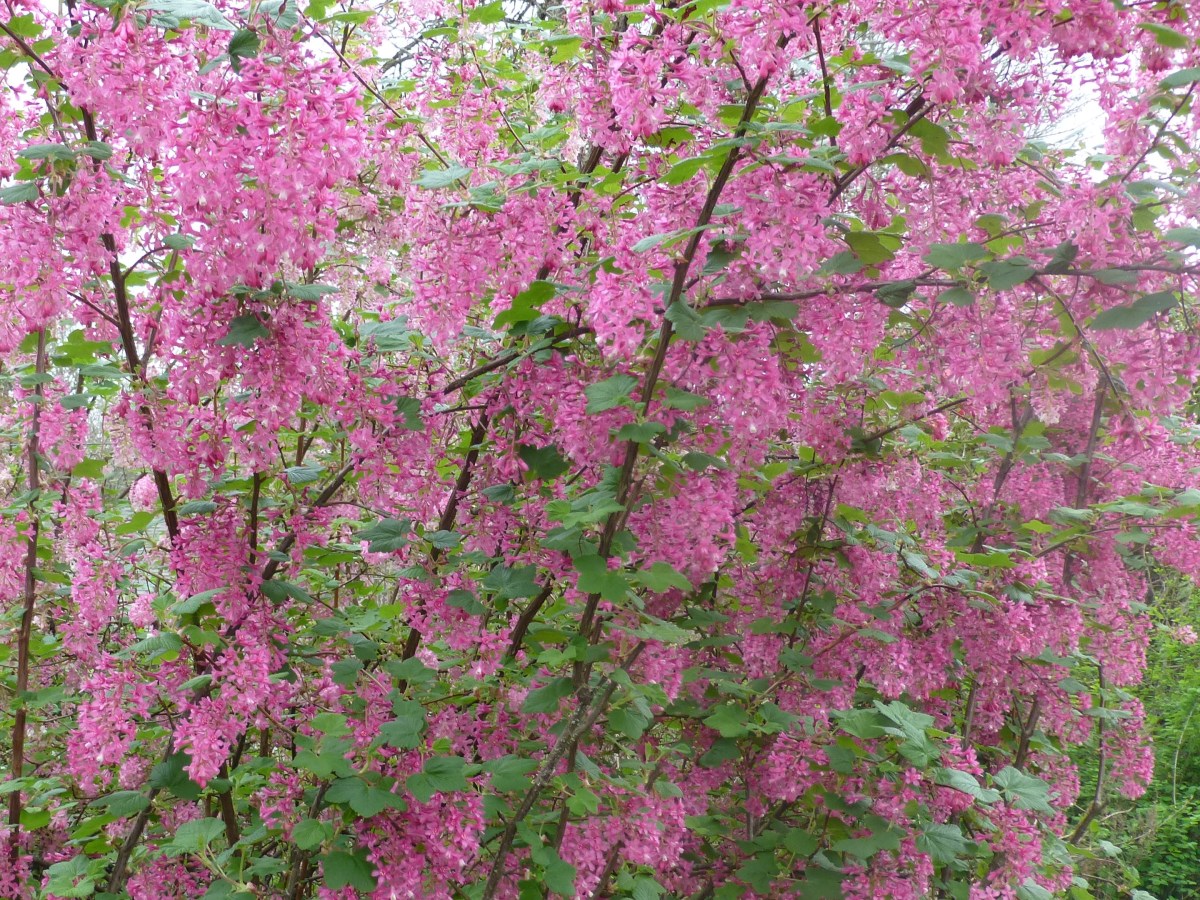
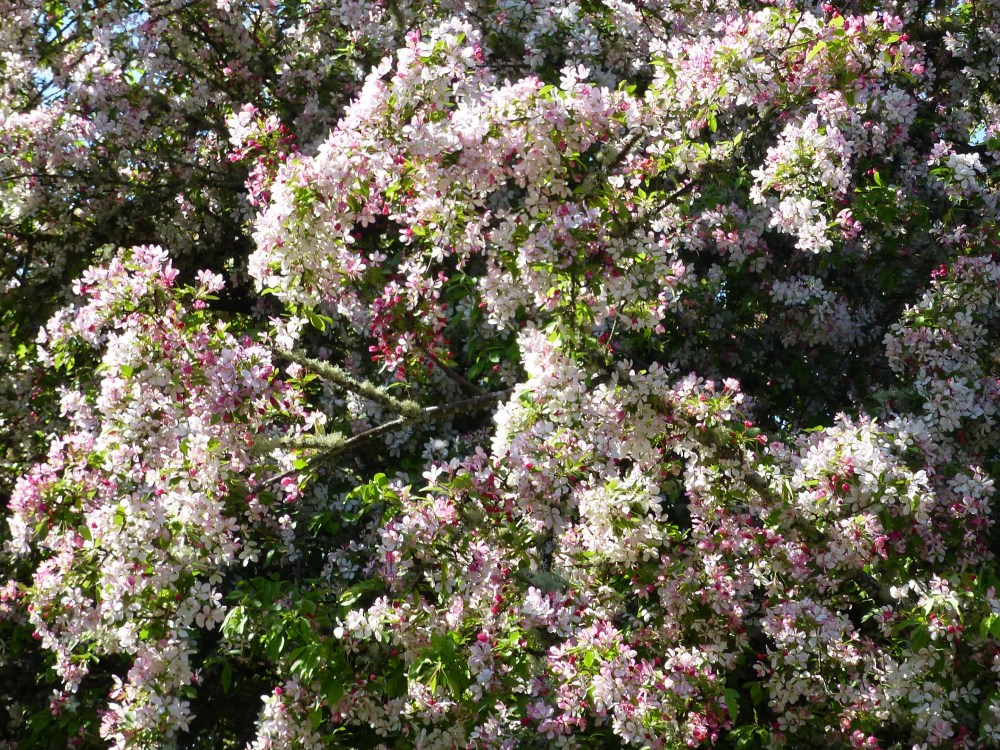


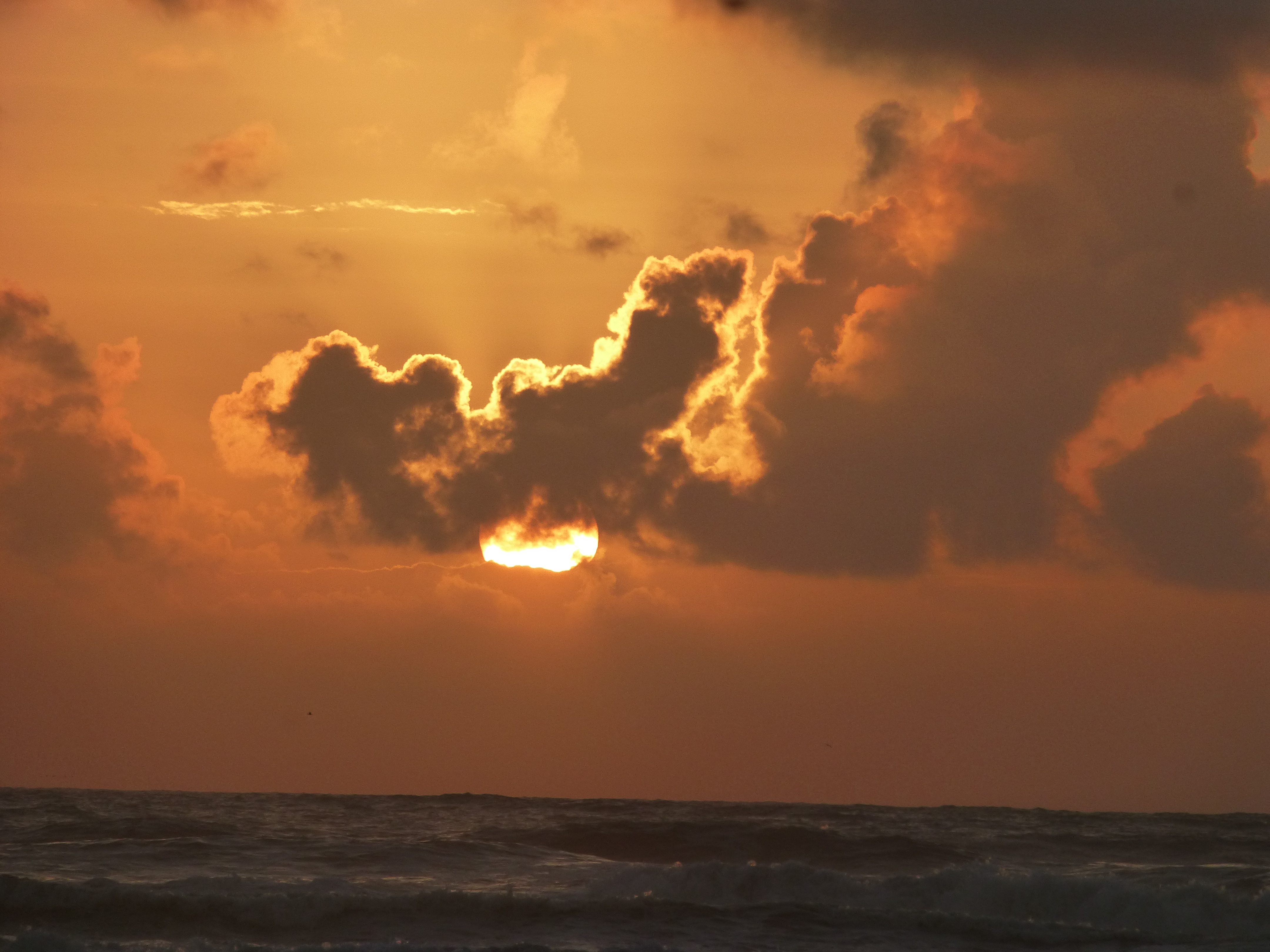

















I found this essay so fascinating because I never thought about the negative effects lights have on us, other species, and Mother Nature. But, if we are not educated about it, it is hard to research farfetched theories we would never think of. I thought this was so interesting because the metaphor of how light skin is privileged in society also relates to how things under the light are privileged while those in the dark are oppressed. I also liked that Holden added a police officer into this essay because it illustrates that lights really don’t drastically deter crime. It would make sense that crime would still happen under the lights because everyone would prefer to walk in a lighted area than to walk down a dark street or alley. Thank you so much for writing this essay because I would of ever though light pollution to be an issue, besides the garbage it produces. I look forward to watching “The City Dark” very soon to learn more about this!
Thanks for your thoughtful comment, Kayla. I appreciate your careful reading of this essay– I think you will enjoy “The City Dark”.
You make a good point that we rarely think about certain issues (we are just used to seeing things a certain way?)– and the way our worldview links to both our social ideas and our technology– in the case of light pollution, a technology that is wasteful, among other things.
Yes, I think that we just live our busy lives day to day in our little cubical hoping to suceed in this world and we forget about the very things that keep us alive.
Therefore an ironic notion of “succeeding”– yes?
Yes, exactly!
I agree with your point on education! I never knew of any of these negative effects that light has on us. I think that our educational system has become very predictable in terms of what we teach in science class rooms. There needs to be an effort to expose kids to new scientific discoveries such as these in addition to the constant repetition of learning about rocks, the scientific process, and analyzing graphs. Every year of science class is just a repeat of these general topics that get slightly more complicated. I asked my brother what he is learning his 7th grade science class and he replied “rocks and erosion”, it perfectly demonstrated my issue with our educational system. My brother is learning the same material that I did and they haven’t added much of the new cutting edge science that is happening currently. As a society we need to understand that a well educated youth is crucial for the future of earth so they don’t repeat the mistakes we have already made.
You make an important point, Aakash. It is imperative that science teachers keep up to date on their topics. I have heard from my students that many do not hear the latest about climate change in high school– and if we do not keep our public informed on such topics, how can we expect them to uphold their responsible place in a democracy?
I found this article very interesting! The idea of light and dark representing good and evil is in almost every society. I never realized the parellel to humans instinctively believing the lighter color skin was superior. I am from India and this racism phenomenon still exists as there are many products released to “lighten skin” advertised in the media. The idea that key hormones are only produced by natural light cycles and the breast cancer cell growth example were also very eye opening. This information needs to be more available to the public as educating them is the only way to begin making a change in our societal actions. I also do not think that our society can realistically reduce the usage of lights at night without government intervention. In India they have predetermined power cuts by region to save power. I realize that this kind of government intervention would see much retaliation from the public. I am curious how any of you guys and girls from WS 450 feel about this, would you support mandatory “dark hours” for tall buildings? After a certain hour have no lighting in designated areas to try and help the birds and restore a more natural light cycle.
Actually, there are cultures which do not have the ideas of light and dark representing good and evil– nor would I not call it “instinctive’ that light skin is considered superior in this context. In fact, it seems that the light skin/dark skin divide is racism that does not exist in all cultures– but is rampant in those colonial societies which assert the oppression of the North (lighter skinned peoples) over the South (darker skinned peoples).
Though some have reduced light usage in this society on their own (because they wish to preserve the vision of the stars or save money) , you are right that change in the US is often due to “dark skies initiatives”.
You ask an important question, what the “dark skies initiatives” do is allow folks to save money as they direct light downward to where it is most needed, thus provided a win-win situation. Mandatory darkness, on the other hand, of the type the NRDC used to save the birds, is something else again–it would be interesting to see what others think of this. Perhaps education can help make this stance more desirable? The International Dark Skies Association is certainly helping to spread the word.
I think mandatory “dark hours” would be a very good idea and I would support it! I think you are right that more education/word spreading needs to be done on these issues.
Such dark hours would also create more education on this issues, it seems to me.
I never realized all the negative effects light can have on us and the natural world! I had heard about sea turtles getting confused by city lights on their way back to the ocean, but I never thought about the millions of birds that use starlight to navigate that are impacted by lighted buildings! It makes total sense though! It was also really interesting reading about how cancer cells grew faster when exposed to artificial light rather than natural day/night cycles. I really loved the last two paragraphs of this post, especially theses two lines:
“When our lights blot out the stars, we lose perspective on our place in the cosmos. We easily become egocentric as well as anthropocentric when we dwell only in the bubbles of light we have created, rather than in the nature’s vast universe of proportion and mystery.”
These two lines really resonated with me. I have had the humbling feeling of looking up at the night sky many times, it is scary to think of a time when that might not be possible due to so much light pollution.
Thanks for your thoughtful comment, Maddy. This is yet another arena in which we might divert negative results of our actions by acting in line with natural cycles.
I love your image of the humbling feeling of looking up at the night sky.
This idea of light versus dark reminds me of the symbol yin-yang. The Chinese, Taoist symbol, represented by a white side and a dark side within a circle, is meant to show a balanced system, where one thing complements another. In Western culture it could be seen as good versus evil but that was not the original intent. The intent is to show that there is not one side without the other. There are no men if there aren’t any women, there is no light without darkness, there is no life without death. The swirling shape shows that the two are interconnected.
The yin-yang symbol is a good example of recognition of the balance of light and dark necessary. Another lesson from traditional belief is from ancient Sumeria, in the myth of the Descent of Inanna, where the Queen of Light descends to the Underworld in order to recover the powerful influence of the Queen of Dark.
Ruth,
You had a great example of the yin-yang symbol that really stood out to me. What makes it really good is the fact that when it’s dark it’s usually black and white when it’s light. Similar to simply everything in this world of this vs that, each is just as important as the other. Each rely on one another to make them such a complete match of opposites.
Once again, I like the use of the word “match” here– things that complement one another also, as you note, complete one another.
Yin-Yang is one of the most famous symbol of Chinese philosophy. Yin is Dark, matter, earth, female, passive, passive, tiger, down, north, water, winter, shade, receptive, valleys, even numbers, moon, cold, and death. This is very interesting.
Indeed–and says something about this culture’s understanding of the need for balance.
When i think about light vs. dark i think of all the this and that’s of life such as stop vs. go, life vs. death, day vs. night and so on and so forth. Each compliments the other and if one doesn’t exist then neither does the other, but in which each are super important. However, what are light and dark really to us other then to wake or sleep. The world continues to spin during each sequence so the question is what makes either dark or light more important then the other?
Good question, Jason. How, indeed, do we come to the conclusion that any of these pairs are more important than the other? Perhaps we need a view in which dark is not “versus” light, but complements it– to use your apt term.
In the beginning era of the movies the villain would always wear black and this became the symbol of a villain. Today the people are not aware of how doomed black dogs are when they are brought to a pound because black dogs are euthanized at a horrifying rate at many pounds and shelters, people are passing them up for lighter colored dogs.
I had not known that even dogs are subject to this kind of totally senseless discrimination, Kim. Thanks for passing this information on.
I agree with the police officer that light does not help lower crime rates. I feel that true darkness would help lower crimes. Less people would be inclined to be out late, and walking around. I know that if i am out late I do not like walking where it is well light, because there is no many shadows and with artificial light you cannot always see peoples faced but i the true darkness with only the moon and stars you can see so much more.
The fact the millions of birds are dying because of building light and turtles are no longer making it to their true home is alarming. This is something that we need to fix to prevent these animals, which we NEED from dying off.
We really need to sit back and analyze why we need bright lights on at 3am. It does not make sense it is wasteful and dangerous for millions of animals.
I think your perspective on crime prevention is very interesting. Those shadows artificial light creates are indeed terrifying. We are our own worst enemy in that regard. We invent criminals in those shadows and lighting gives us a false sense of security. If we could rewind time back to the beginning, before technology gripped our society, people woke up with the sun and went to bed with the sun. There was no reason for anyone to lurk about after the sun went down. In that regard, these criminals who lurk in dark are certainly a man made invention.
Thoughtful point about the shadows, Laura and Sarah. Dangers of “criminals lurking in the dark”, as you observe, come with particular cultures– such as those in which men physically attack women. It was sad to me as a mother when my daughter first learned to be frightened of the dark: I saw it one day when she started crossing the street to avoid a male figure when she saw them coming– something she had never done when she was very young– but something I still do and likely taught her in modeling it.
I think there is some data that indicates that the more folks are out walking around at night, the safer it is to walk at night. The policeman (perhaps you got this) has reference to the fact that homes that are lit up feel more inviting to potential thieves as they see exactly what to expect there.
Indeed, we do not need bright lights at 3am, as you note.
This was a very thought provoking essay. I’ve often had a disdain for artificial light. Light and dark, to me, signify something very natural about the world, not to mention sunrise and sunset produce some of the most beautiful golden hues. They represent a cycle that stood long before man came to produce artificial light. It is a cycle that we cannot control. The world turns whether we want it to or not, and as the essay implies, perhaps all our artificial lighting is an attempt to find a way dominate that natural cycle. It is truly heartbreaking that other species are falling victim to man’s desire to control the world.
Turning dark into light– as a way of controlling our world– has gotten even stranger. I have just read that particular industry is trying to genetically engineer trees to glow in the dark. I can’t imagine how they will compensate for the fact that so many green lives time their growth on light and dark cycles–and so many need a certain amount of darkness to flower and fruit.